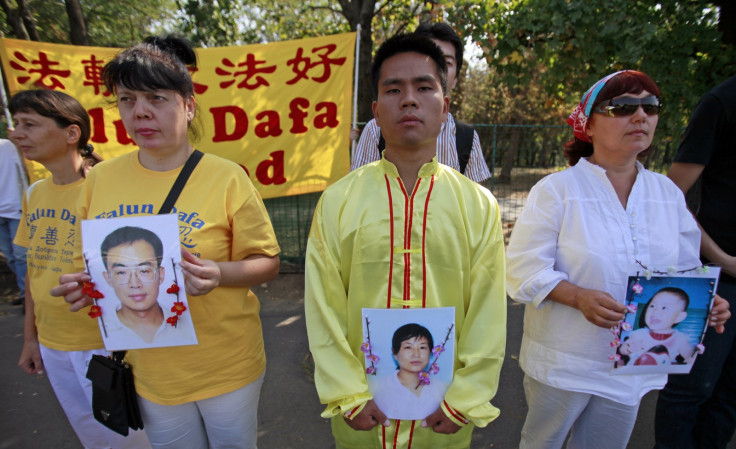China: Film exposes state sponsored organ harvesting from live prisoners

A Canadian documentary alleges that China's hospitals are harvesting organs and body parts of political prisoners while they are still alive.
The documentary, Human Harvest: China's Organ Trafficking, by Canadian filmmaker Leon Lee, made from evidence following eight years of investigations by an international team, accuses the state of sanctioning the human rights abuse.
It claims that doctors and medical students in state-run civilian and military hospitals remove up to 11,000 organs a year from donors without even using any anaesthetic. The bodies are then incinerated.
"When I cut through [the body] blood was still running ... this person was not dead," says a doctor in the film about his first encounter as a medical student.
The film shows health workers talking about harvesting corneas of 2,000 people while they were still alive, writes the Sydney Morning Herald.
Human rights groups have long criticised China for taking organs from executed prisoners and in 2012, China announced plans to abolish the practice in three to five years.
The film aired on SBS on Tuesday focuses on live donors.
China's booming "organs on-demand" transplant programme benefits the wealthy recipients.
While China has the second highest rate of transplants in the world, with a brief waiting time of two to three weeks, the Red Cross says that only 37 people nationwide are registered organ donors.
Even when the executed prisoners are taken into account, the number does not tally with the 10,000 transplant procedures performed every year.
Human Rights Lawyer and Nobel peace prize nominee David Matas told Lee that the banned religious group, the Falun Gong, are some other key targets.
"There's no other way to explain what's happening," says Matas.
The Falun Gong has over 70 million followers in China who practice a form of spiritual belief based on Buddhism and Taoism. Many of the group have faced persecution by the state after the group was declared a 'heretical organisation' that threatened social stability.
Chinese officials have denied the allegations, claiming organ donors are volunteers.
The government has vowed the programme would be wound up by August this year, placing the blame on former security chief Zhou Yongkang.
But rights activists want the perpetrators to be tried by the International Criminal Court.
© Copyright IBTimes 2024. All rights reserved.





